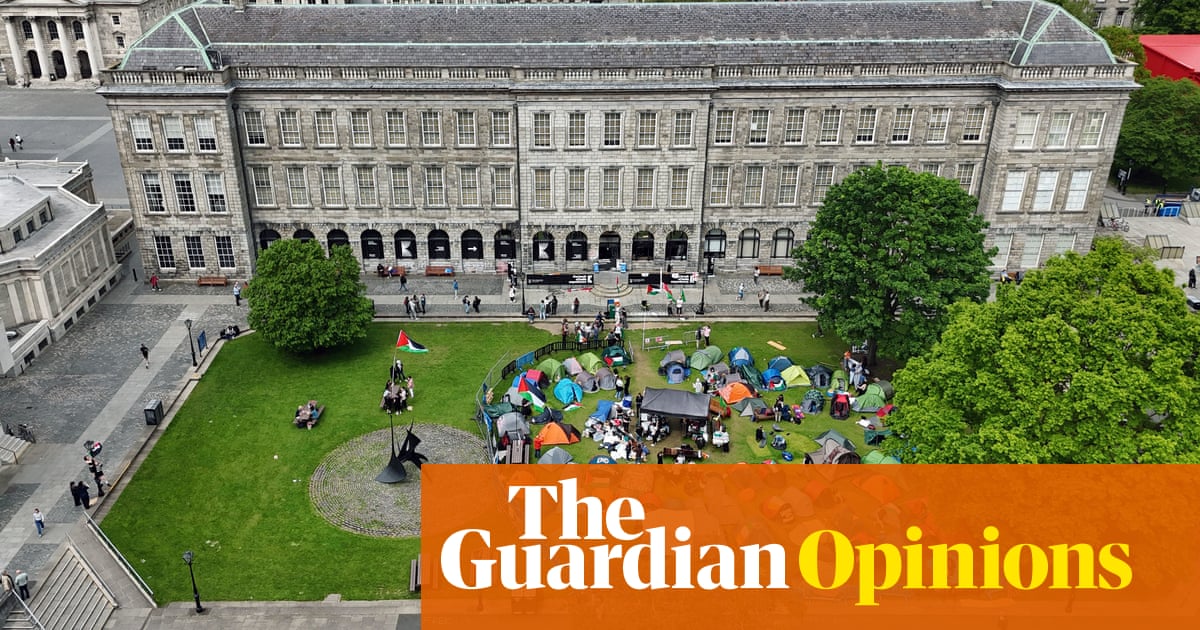
Drake’s forgotten away defeat
You will have heard of the Spanish Armada of 1588, in which King Philip II’s boys took one hell of a beating. Up to 60 ships sunk, 15,000 lives lost, a famous speech by Elizabeth I. But you may not have heard of the return fixture, the English Armada, 1589, a disastrous attack on Spain in which Francis Drake’s fleet lost 40 ships and 10,000 to 15,000 lives.
I hadn’t, despite an A-level in history and what I thought was a reasonable level of curiosity about the subject, until stumbling upon it down an internet wormhole – somewhere between a fascinating feature on 1970s Yugoslav supermarkets and searches into lesser known explorations of the Northwest Passage – during what passes for work in an arts journalist’s lockdown.
The point is how lopsided the apparently objective teaching of history can be and how hazardous the exceptionalism that can result. See, for example, the Daily Telegraph’s claim early last month that “the UK is empirically the most capable country in Europe at dealing with an epidemic”. I hope for, but don’t expect, some sober introspection from the conservative press when all this is over.
Science saves, superstition destroys
A year ago last Wednesday, back in the days when catastrophes were horrific but not global, the cathedral of Notre Dame caught fire. BBC4 has produced a moving documentary about its rescue in which an amazing array of new technologies and old crafts is brought to bear. Microscopic study of plankton fossils tells them from which layer of which quarry the cathedral’s stones came; chopping trees by hand, medieval style, makes it possible to match the lost roof timbers. There are parallels with the Covid-19 crisis – scientists in laboratories, building workers wearing full PPE against lead dust from the old roof, the personal courage of the emergency services and professionals at the time of the disaster. Perhaps most impressive is the sight of true expertise wielded with calm commitment, which is what we have to wish for now.
Calm expertise, of course, is not evident in the idea that 5G phone masts spread the virus. This doesn’t seem to be much of an advance, civilisation wise, on the stoning of dachshunds in the First World War for being too German or the strapping of live chickens to people’s buboes as a cure for the Black Death.
Perhaps what lies behind these beliefs is a desperation for agency – it is too unbearable to be powerless and ignorant in the face of disaster, so you attach yourself to a thought or action you can call your own. The very strangeness of a theory, together with the fact that others dismiss it, is proof of its unique magic. Which is human, but still dumb.
It has been announced that Micky Arison, chairman of Carnival Corporation, has been appointed to President Trump’s new coronavirus taskforce. As I write in today’s New Review, Carnival is the world’s largest owner of cruise ships and has a colourful history of pollution and health issues. It would now, despite using foreign registrations to avoid federal taxes, like a government loan guarantee. But Arison is a friend and backer of Trump and has kindly offered to lend his ships to serve as floating hospitals. This offer should be treated with caution, based on the US government’s experience when the Carnival ship Fascination was used to house emergency workers after hurricanes Irma and Maria. The US government ended up paying $5,959 per person per week, which is much more than they would have paid if they had booked those federal workers on a commercial cruise.












